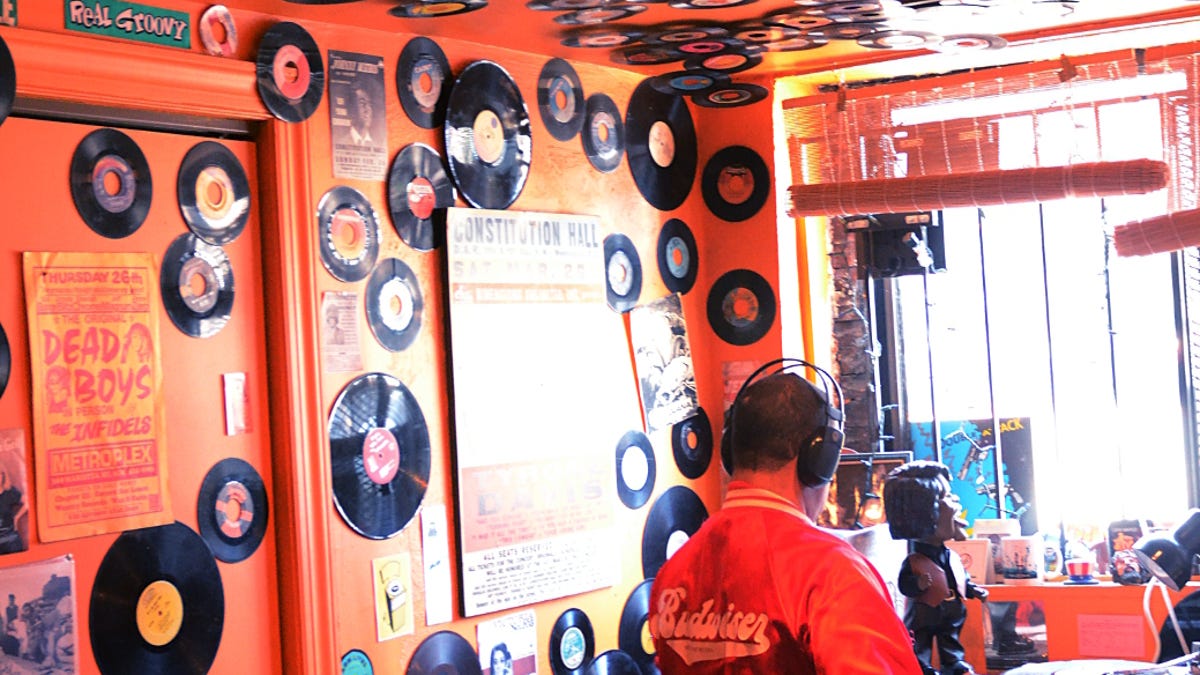Web radio growing faster than on-demand services (study)
Webcasters, such as Pandora, saw following increase by 27 percent while on-demand players, such as Spotify and Rhapsody grew by 18 percent.

Music listening patterns continue to evolve and not just from analog to digital but from downloads to streaming, according to findings from Internet research firm, NPD.
For the quarter ending in June, the audience for Internet radio services in the United States, which include companies such as Pandora Media, grew 27 percent from the same period a year earlier, NPD reported. In comparison, on-demand services such as Spotify, YouTube and Rhapsody, grew 18 percent over the same period.
Web radio stands to be an important money maker and it's not hard to figure out why the music sector and Pandora Media are preparing to go to war with each other.
Pandora is supporting legislation that would lower the royalty rates that Web radio services pay labels and artists to play music. The music industry, which had scheduled a pow wow last night to discuss how to battle Pandora's legislation, says that the sector has been shrinking for more than a decade while Pandora's executives are banking millions. They say creators can't take any more hits.
Here's some other juicy revelations from NPD's survey:
AM/FM radio remains America's favorite music-listening choice, streaming services and Web radio have replaced the CD for second place.
Since 2009, the percentage of Pandora users who also listen to AM/FM radio declined by 10 percentage points.
Listening to digital music files on portable music players also dropped 21 points. Are you seeing this Apple?
NPD said that contributing to part of those declines was Pandora's successful move into automobiles. The research company said that 34 percent of Pandora's users are now listening to the service in their cars.
NPD issues its survey to 14,000 people and the data is gathered from over 4,000, respondents, who include Web users 13-years of age and up.

